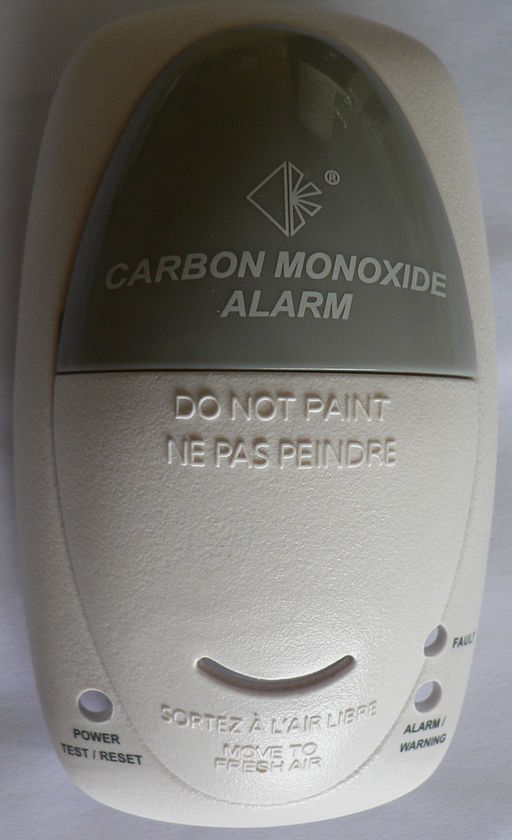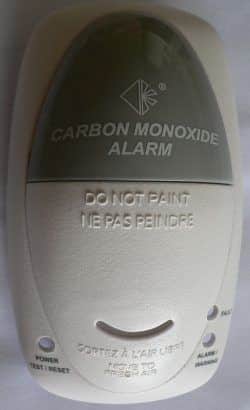Stay Safe from Carbon Monoxide Buildup

Carbon monoxide, or CO, is a colorless and odorless gas that is a byproduct of using common fuel sources like gasoline, propane and kerosene. It can waft around like steam or perfume but is undetectable by humans.
If CO builds up in enclosed spaces it is very dangerous. Low levels of CO can cause a person to experience flulike symptoms and high levels can be fatal.
High levels of CO are dangerous any time of year. It is especially important to be careful during the winter months because windows often stay closed against the cold. This prevents air exchange that would usually filter CO out of the house and replace it with clean air.
Fortunately, there are a ways to keep you and your family safe from overexposure to CO inside your home.
Install a Carbon Monoxide Detector
The most important step to take is installing a carbon monoxide detector that will warn you if CO levels in your home become dangerous.
Carbon monoxide detectors are inexpensive and easy to get and install. You can find them at home improvement stores, online, and most chain stores that have appliance or home sections.
Most models have an alarm function that will go off if CO reaches dangerous levels. They also have digital displays giving the CO level in parts per million. Any registered CO in the home should be looked into to prevent larger problems.
Choose a system with a backup battery to keep you protected even if the power is out. Also, be sure to use the test function on the CO sensor once a month to make sure that it is working well.
Keep Generators Outside
When it gets cold or the power goes out many people use generators to heat some rooms of the house like the basement. Generators give off CO and should not be used indoors.
It is suggested that any appliances running on fuel be placed at least 15 feet away from any open windows or doors to keep harmful CO from wafting inside.
Do not Run Cars Indoors
Many people also like to run their cars for a while to warm up before they get in. However, running a car in an enclosed space like a garage can cause CO to build up dangerously. It is much safer to run the car outside or, better yet, brave the cold for a few minutes until the heater kicks in on the drive.
Have Appliances Checked
It is also important to have the appliances that are meant to be used indoors checked so you can be sure they are not releasing excessive amounts of CO.
Make sure that your HVAC system is properly maintained. Have it checked by a certified technician.
It is also a good idea to have your clothing dryer, gas stoves and fireplaces, and other major appliances looked at.
Time to have your HVAC system checked? Give us a call at 800-994-2577. Also, find us on Facebook!


